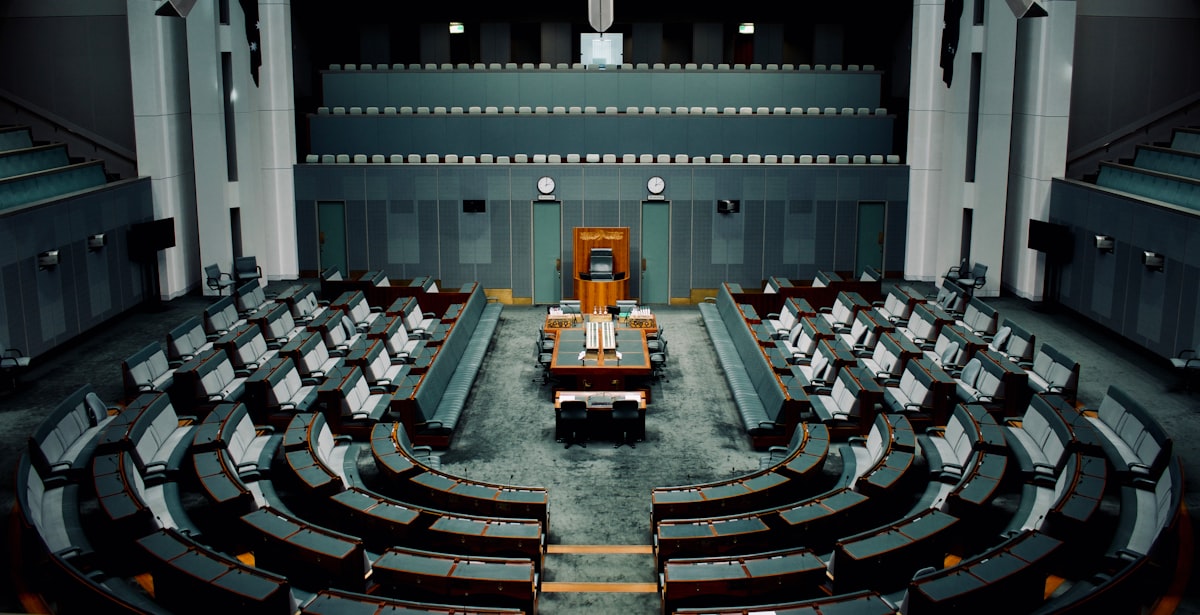Breakfast Notes #60 (Diversity)

Good morning friends.
Here is the 60th serving of the Breakfast Notes.
3 Reads To Bulk Your Brain
- A Sense Of Where We Are. Would you rather be a 2x NBA Champion, an Olympic Gold Medalist, a Rhodes Scholar a Senator? Bill Bradley did them all in one lifetime. If anyone is perfectly qualified to criticise today’s generation of avocado-toast-loving millennials, it would be him. For those fervent basketball fans, we know about the age-old tradition of former star players lamenting today’s league. Bradley is a notable exception. He loves the evolution of basketball. Today (back in 2010), he enjoys the showmanship and athleticism while appreciating the continued importance of teamwork and ‘perfect moments’. If you want to inoculate yourself against disillusionment, learn from the Dollar Bill.
- The NMP Scheme? As a kid, I used to think that Nominated Members of Parliaments were like the 15th player of an NBA team. Expensive benchwarmers. But as I grew up, I realised this quirk of Singaporean democracy has its virtues. One way they influence our political discourse is that they can shift the Overton Window. As the former NMP, Eugene Tan, says, 'The government will not dwell on such issues until it has decided on policy shifts. It would not want to draw unnecessary attention to its policies that have not fared so well or are not popular with the people. The Opposition is perhaps wary of wading in until it has clear policy proposals and is more interested in critiquing extant policies. Taken in totality, they reflect the different concerns of NMPs and elected MPs — the former trending towards aspirational concerns and the latter on operational/policy matters with political considerations as the subtext.' In other words, NMPs have no obligation to provide solutions. They can be emboldened to experiment or address elephants in the room. However, we must always remember a reality- benchwarmers only come in when the game has been decided.
- What Classes Should You Study To Land a Job? A succinct blog post on how to supercharge adult learning. Two ideas stand out. First, your approach to learning is not fixed. Here in Singapore, we are ingrained to start with the basics and grind our way to mastery. The truth is that starting with the basics works only when you suck. However, once you achieve a base level of competency, you must switch to an outcome-oriented learning model where you must find situations to apply your knowledge. Second, it takes time. Supercharging your learning is not about mastery in a minute but finding your path of least resistance to fluency. Patience is a virtue, especially when you want to get to the top of the mountain.
>2 Visualizations To Wow You

Girl With a Pearl Earring is nicknamed the ‘Mona Lisa of the North’ and is undoubtedly Johannes Vermeer’s most iconic work.
Look closely, and you will realise that her face is curiously ambiguous, just like the Mona Lisa.
As an onlooker, you cannot help but wonder - ‘what on Earth is she thinking?’
Here is how I know this painting is a masterpiece.
See how many (human and AI) remixes have been done in her name.



1 Big Idea: Getting Diversity Right
Most of us get diversity wrong.
We think diversity is about uplifting historically marginalised voices. We think it’s an act of showing solidarity with others who have it worse than us.
That’s fair.. and utterly incomplete.
When you insist on that narrative, you invite backlash. You will get people insisting they lost out because they do not fall into the ‘right’ groups.
What if we reframed diversity as essential to survival?
Consider this: Despite all the planning taking place in the bureau, communist economies were extremely inefficient and were most prone to famines. The Great Leap Forward, the most serious attempt at economic collectivisation of agriculture in modern China, brought about close to 30 million deaths. When many Asian economies were experiencing high growth, why did China suffer so badly?
The short answer is a lack of diversity.
You cannot select when you have no choices.

(The caption above is an exhortation to the Chinese to have huge ambitions for the Great Leap Forward. Naturally, each comrade will have god-like powers to sustain their ambition)
The Chinese based most of their ‘agricultural innovations’ on one man’s ideas. This man was the Soviet ideologue Trofim Lysenko. Rather than test his ideas, he infused communist ideology into agricultural practices. He believed that communism was not just a political philosophy but the iron law (and sickle) of nature itself. Enamoured by such a proposition, the CCP implemented disastrous policies like close cropping where seeds were sown far more densely than normal. They believed that seeds of the same class would not compete with each other just like good communists would not undermine each other.
What happened was that - crops competed with each other for the limited nutrients and sunlight, thereby reducing China’s crop yield catastrophically.
Because all the agricultural practices were derivatives of Lysenko’s faulty ideas, crop failures abounded on a massive scale.
We need diversity to see the challenges on the horizon to adapt, survive and thrive. Diversity can allow us to see the different challenges that emerge, attack problems from all angles and give us a greater list of potential solutions to experiment with.
Could you imagine what China would look like if, alongside Lysenko, they listened to other agronomists like Luitje Broekema, Nazareno Strampelli, Norman Borlaug, and Monkombu Sambasivan Swaminathan, agronomists who tinkered endlessly and developed high-yielding crop varieties that saved millions of people from hunger?
Homogeneity will doom us to failure.
Diversity gives us options, choices and a chance at collective prosperity. This is why diversity is so important.
Please share with me your thoughts!
May the Sun Shine Upon Your Face,
Keith